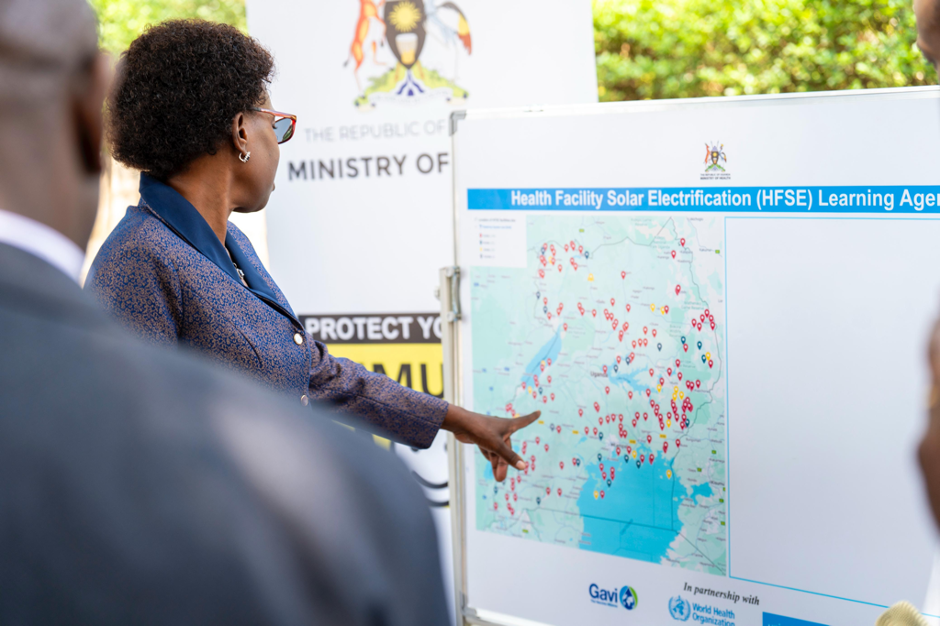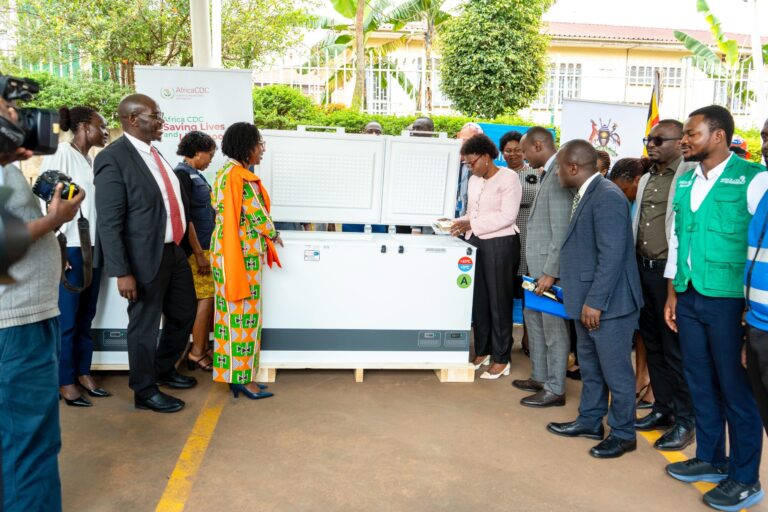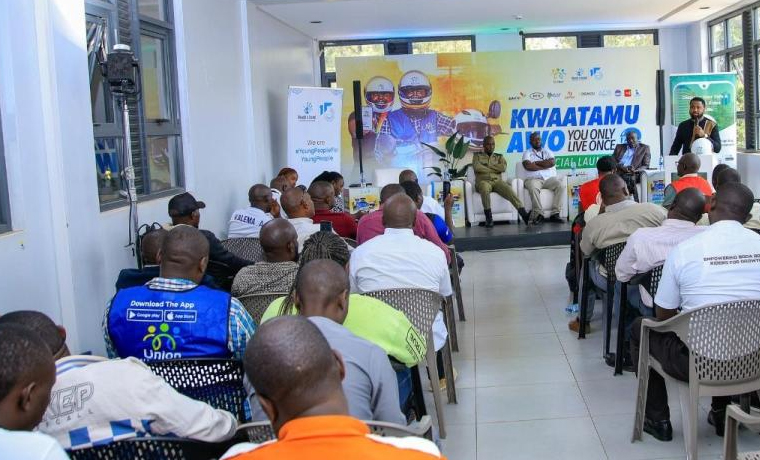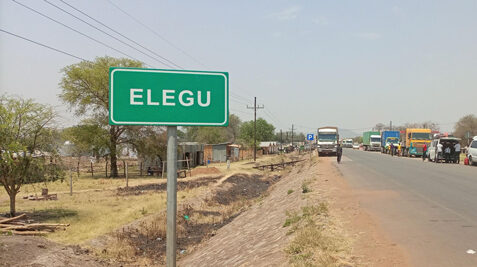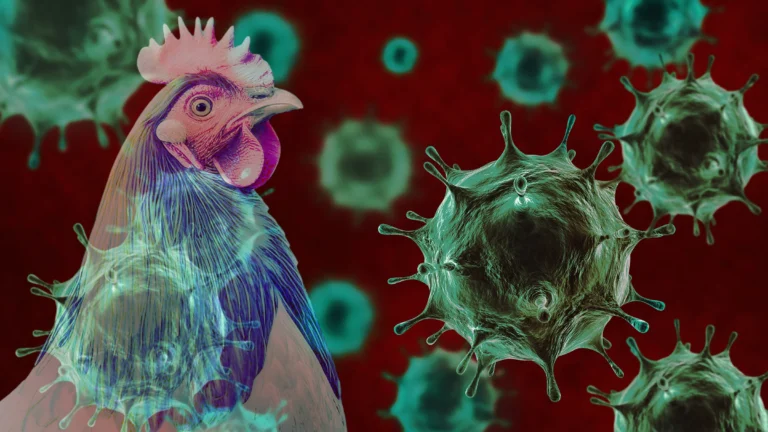The Ministry of Health has launched the Health Facility Solar Electrification (HFSE) Project, a landmark initiative that will equip 250 health facilities across the country with reliable solar power systems. Supported by Gavi, the Vaccine Alliance in partnership with UNICEF, the project places Uganda alongside Ethiopia, Pakistan, and Zambia as leaders in integrating clean energy solutions into healthcare delivery.
The selected facilities include 19 Health Center IIs, 218 Health Center IIIs, and 13 Health Center IVs, chosen based on their high patient volumes for immunization, maternal and child health, and emergency obstetric care. Many are located in hard-to-reach areas—such as fishing communities and mountainous regions—where unreliable electricity has long hindered service delivery and vaccine storage.
Each facility will receive a centralized solar energy system ranging from 3.6 to 12 kilowatts peak (KWP), capable of powering essential medical equipment such as vaccine refrigerators, theatres, laboratories, maternity units, computers, and staff quarters. The systems will be fitted with remote monitoring technology for real-time oversight and rapid troubleshooting, ensuring long-term reliability and sustainability.
Launching the project, Minister of Health Dr. Jane Ruth Aceng Ocero said:
“The equipment we are commissioning today will be distributed immediately, and installation is expected to be completed by December 2025. This initiative will help us expand access to immunization and other essential health services, including laboratory diagnostics, maternal and child care, and emergency obstetric services.”
Representing UNICEF, Dr. Yaron Wolman, Chief of Child Survival and Development, described the HFSE project as a “shining example of climate-smart programming” that directly benefits communities.
“With its abundant sunlight, Uganda is well-positioned to harness green energy to power primary health care facilities. Operational sustainability is key, and preventive maintenance planning should start immediately,” he added.
On behalf of WHO Uganda, Dr. Christine Musanhu, Team Lead for Communicable and Non-Communicable Diseases, stressed the project’s life-saving potential.
“Reliable solar electricity is about more than infrastructure—it saves lives, ensures vaccine potency, supports safe childbirth, and empowers health workers to deliver services with confidence,” she said.
The USD 5 million investment is expected to benefit over 3 million people, including 670,000 children under five. By combining renewable energy with essential health services, the HFSE Project marks a major milestone in Uganda’s drive for sustainable, climate-resilient primary healthcare.
Source : Ministry Of health

